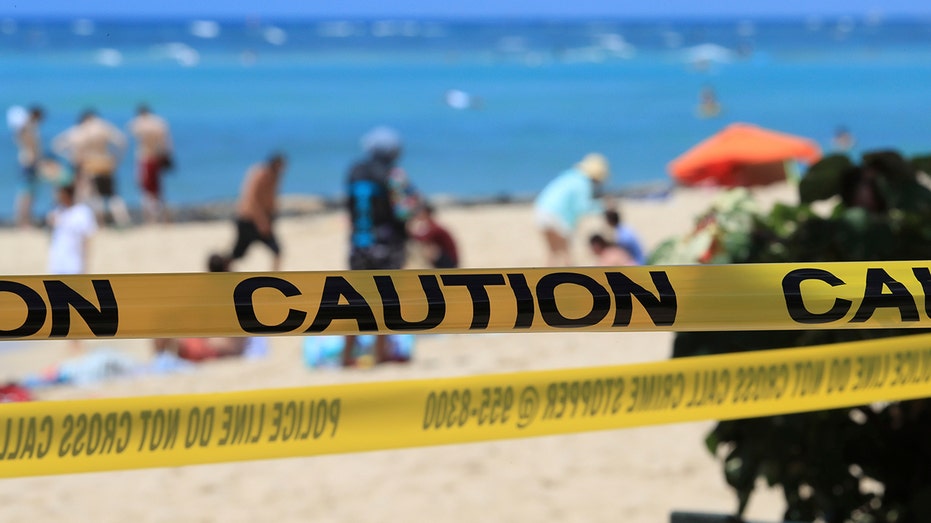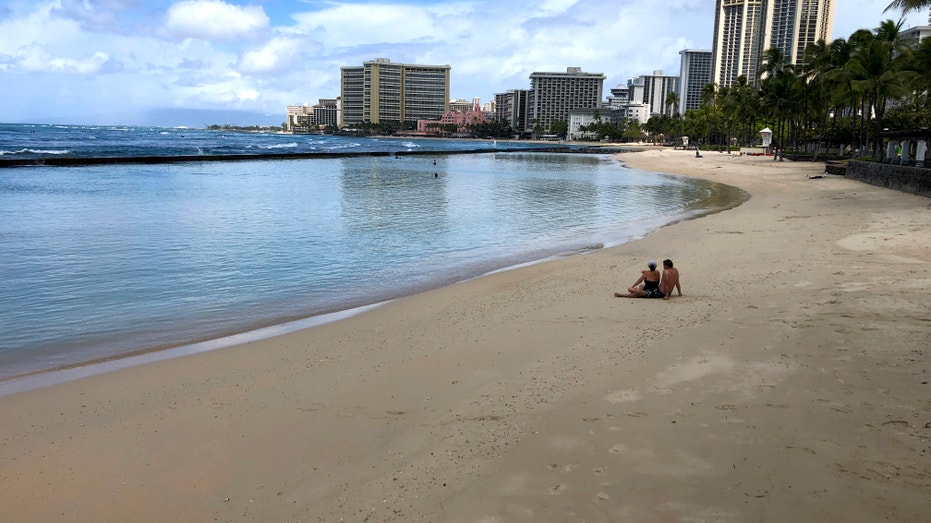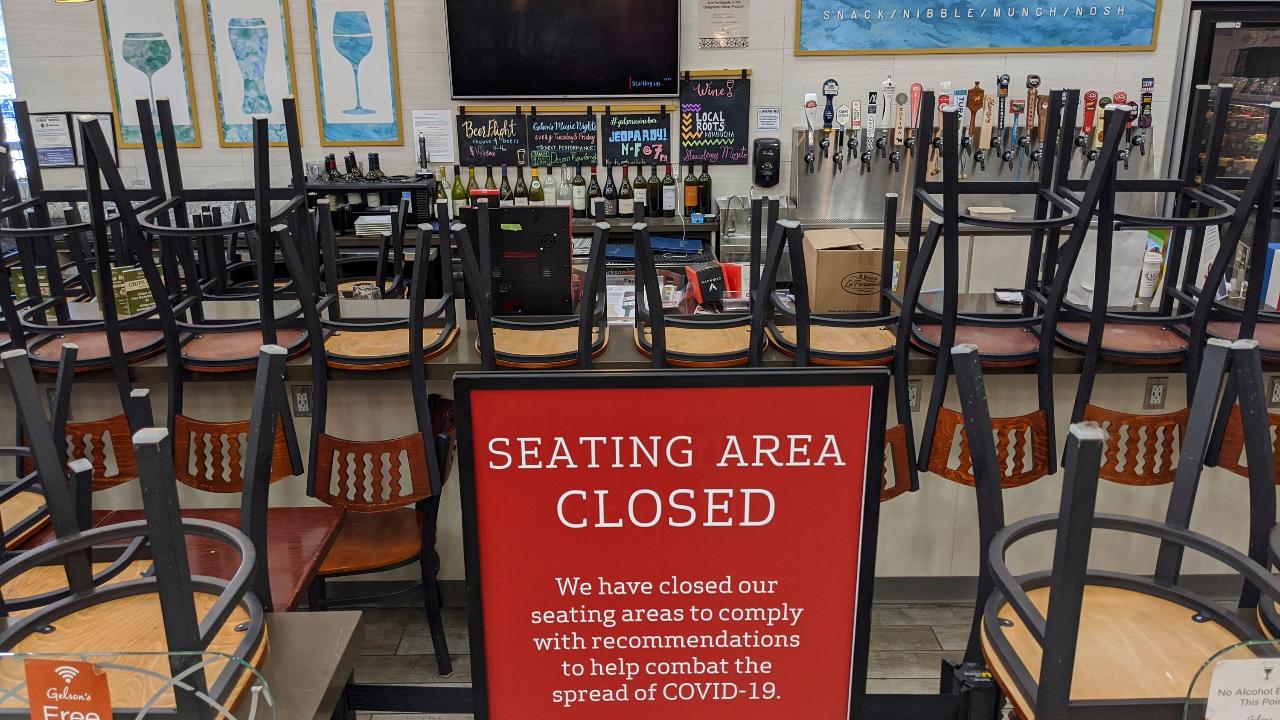Hawaii tourism slumps as coronavirus restrictions tighten
The unprecedented move dramatically reduced the number of people on beaches, in city parks and on country roads
Get all the latest news on coronavirus and more delivered daily to your inbox. Sign up here.
Like many cities across the world, Honolulu came to an eerie standstill this weekend as officials implemented measures to slow the spread of the coronavirus pandemic throughout the islands.
Hawaii officials went beyond the standard stay-at-home orders and effectively flipped the switch on the state’s tourism-fueled economic engine in a bid to slow infections. As of Thursday, anyone arriving in Hawaii must undergo a mandatory 14-day self quarantine.
The unprecedented move dramatically reduced the number of people on beaches, in city parks and on country roads.
GET FOX BUSINESS ON THE GO BY CLICKING HERE
It's too soon to know the total impact the shutdown will have on the tens of thousands of Hawaii residents who rely on tourism dollars to pay for the high cost of living in the state.
Hawaii is seeing unemployment claims soar during the coronavirus pandemic. According to the U.S. Employment and Training Administration, applications for temporary unemployment assistance in Hawaii increased during the week ending on March 21 as the U.S. economy bears the weight of growing fears around COVID-19. The state Department of Labor and Industrial Relations says that for just this week through Wednesday, over 67,000 initial claims were filed. That's nearly 11 percent of Hawaii's eligible pool of workers.

FILE - In this Friday, March 20, 2020, file photo, as beachgoers are seen in the background, yellow caution tape wrapped across Waikiki in Honolulu. Hawaii's governor has instituted a mandatory 14-day self quarantine starting Thursday, March 27, of a
The mandatory self-quarantine rules apply to both residents and visitors. But the prospect of being forced to stay in a hotel room or other accommodations for 14 days while on vacation effectively ended the daily influx of tourists.
Airlines dramatically reduced their service to the islands. Nearly 100 hotels across the archipelago closed, with more expected to follow this week.
TRUMP TO EXTEND CORONAVIRUS SOCIAL DISTANCING GUIDELINES UNTIL APRIL 30
After the mandatory quarantine rules went into place Thursday, visitor arrivals at state airports dropped dramatically. Of the 1,221 people who flew into Hawaii on Friday, only 180 were visitors, the Hawaii Tourism Authority said.
All restaurants, bars and nightclubs are closed, though those businesses can offer take-out or delivery service if they choose.
Hawaii’s famous green, black and white sand beach parks were closed, but state officials allowed, and in some cases encouraged, residents to get into the water for exercise and therapy. That wasn’t easy as people arriving at public beach parking lots found yellow caution tape and barricades.
On Saturday, there were still a fair number of people walking about and getting in the water, but compared to a typical weekend in Waikiki, the tourist mecca was essentially empty.

A couple sits on an empty section of Waikiki Beach in Honolulu on Saturday, March 28, 2020. Like many cities across the world, Honolulu came to an eerie standstill this weekend as the coronavirus pandemic spread throughout the islands. But Hawaii off
The few people who did unpack their towels and beach chairs were met by police who told them to either get in the water or go home.
In a statement released Saturday, state officials said 29 new coronavirus cases, including one of a minor, had been confirmed, bringing the statewide total to 151. Almost 7,000 people have been tested.
CLICK HERE TO READ MORE ON FOX BUSINESS
Drive-thru screening sites were set up across the islands this weekend, and officials on Oahu reduced their bus service in response to the outbreak.
For most people, the new coronavirus causes mild or moderate symptoms, such as fever and cough that clear up in two to three weeks. For some, especially older adults and people with existing health problems, it can cause more severe illness, including pneumonia and death.




















